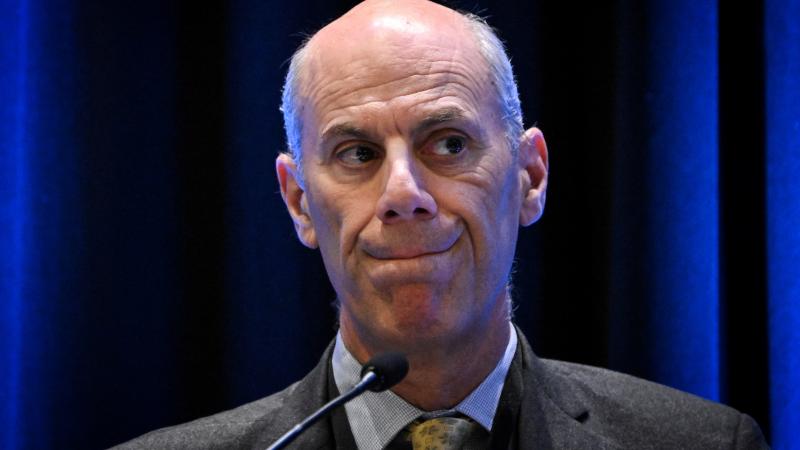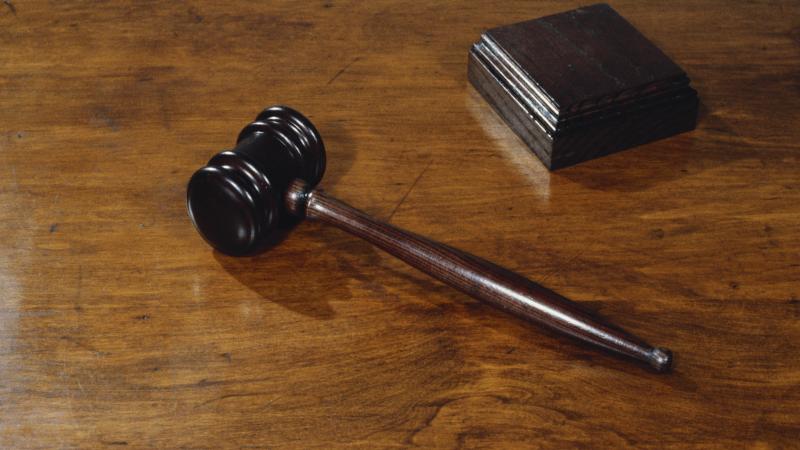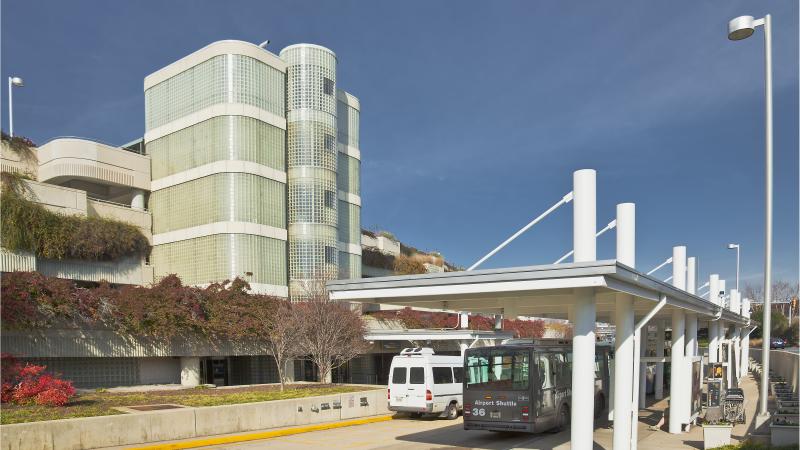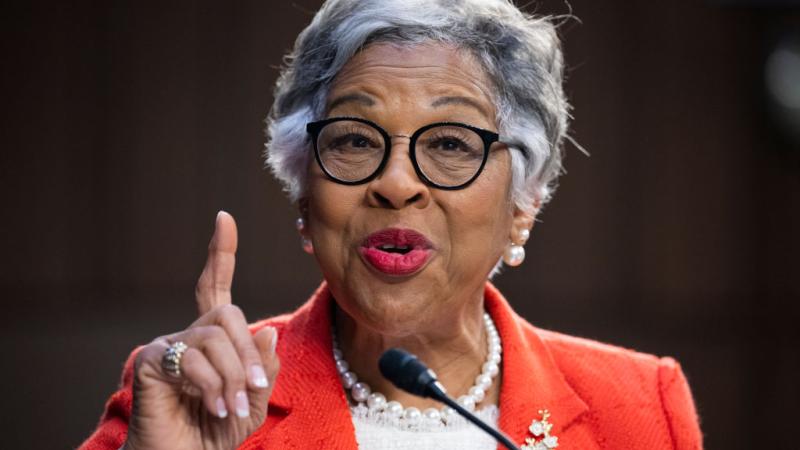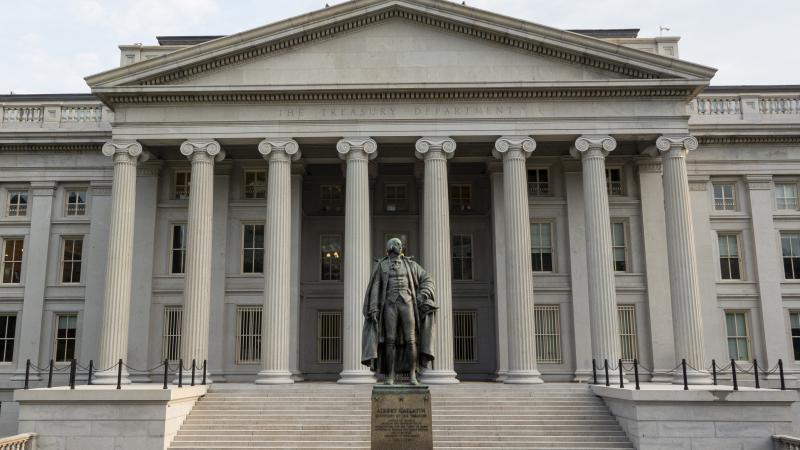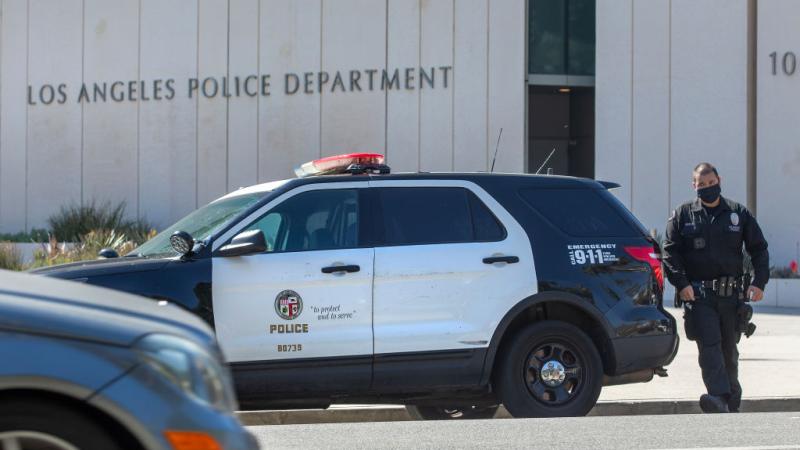Wisconsin Supreme Court strikes down 1849 abortion ban
Justice Annette Ziegler wrote in her dissent that the majority ruling was “a jaw-dropping exercise of judicial will.”
The Wisconsin Supreme Court on Wednesday struck down the state's 1849 abortion ban.
The court's 4-3 liberal majority ruled that the 1849 law that was effectively a near-total ban on abortions had been "impliedly repealed" by the state legislature when it passed later laws regarding abortion, according to the Associated Press.
The 176-year-old law made it a felony for anyone other than the mother or a doctor in a medical emergency to destroy “an unborn child.”
The law was in effect for over a century, until the U.S. Supreme Court's 1973 Roe v. Wade decision, which legalized abortion nationwide.
While the state legislature didn't officially repeal the 1849 law, conservatives argued that the U.S. Supreme Court’s 2022 Dobbs v. Jackson Women's Health Organization decision to overturn Roe reactivated it.
Wisconsin Attorney General Josh Kaul (D) filed a lawsuit in 2022, arguing that the abortion restrictions which legislators had enacted post Roe trumped the 1849 ban. He cited a 1985 law that essentially permits abortions until viability.
Republican state legislators had also enacted laws under Roe requiring a woman to undergo an ultrasound, wait 24 hours before having an abortion and provide written consent, and mandating that doctors physically provide abortion-inducing drugs to women.
The state Supreme Court's ruling concluded that “the legislature impliedly repealed” the ban “by enacting comprehensive legislation about virtually every aspect of abortion including where, when, and how healthcare providers may lawfully perform abortions.”
“That comprehensive legislation so thoroughly covers the entire subject of abortion that it was clearly meant as a substitute for the 19th century near-total ban on abortion,” state Justice Rebeca Dallet wrote.
Sheboygan County District Attorney Joel Urmanski (R) defended the 1849 law, saying it could coexist with the newer abortion laws, just as different penalties for the same crime coexist.
State Justice Annette Ziegler wrote in her dissent that the majority ruling was “a jaw-dropping exercise of judicial will.”
She said that the liberal justices had followed their personal preferences and Democratic constituencies, and accused Justice Janet Protasiewicz, who had openly stated on the campaign trail that she supports abortion rights, that she had promised to deliver this decision during her campaign.
“Put bluntly, our court has no business usurping the role of the legislature, inventing legal theories on the fly in order to make four justices’ personal preference the law,” Ziegler said.
